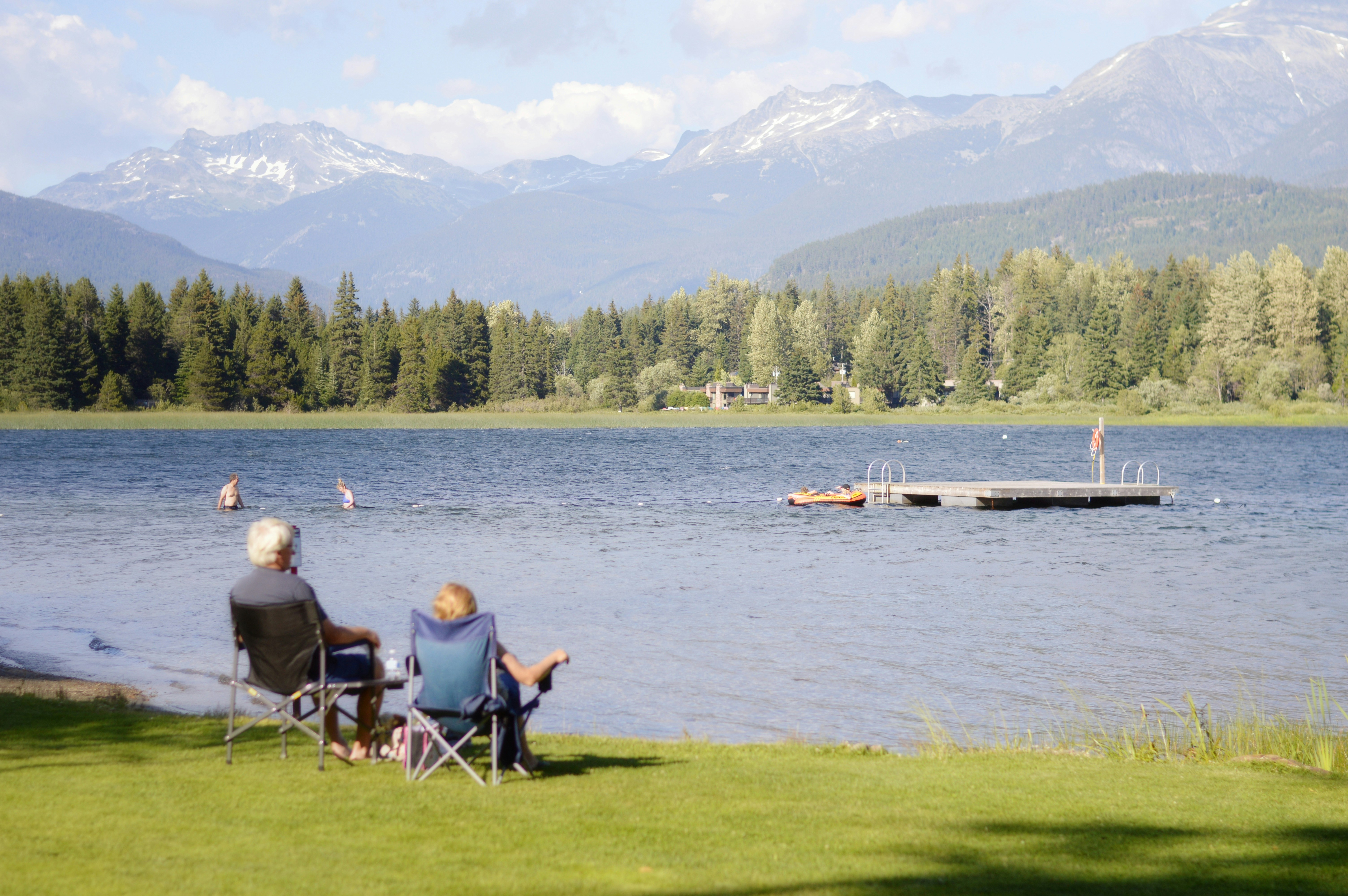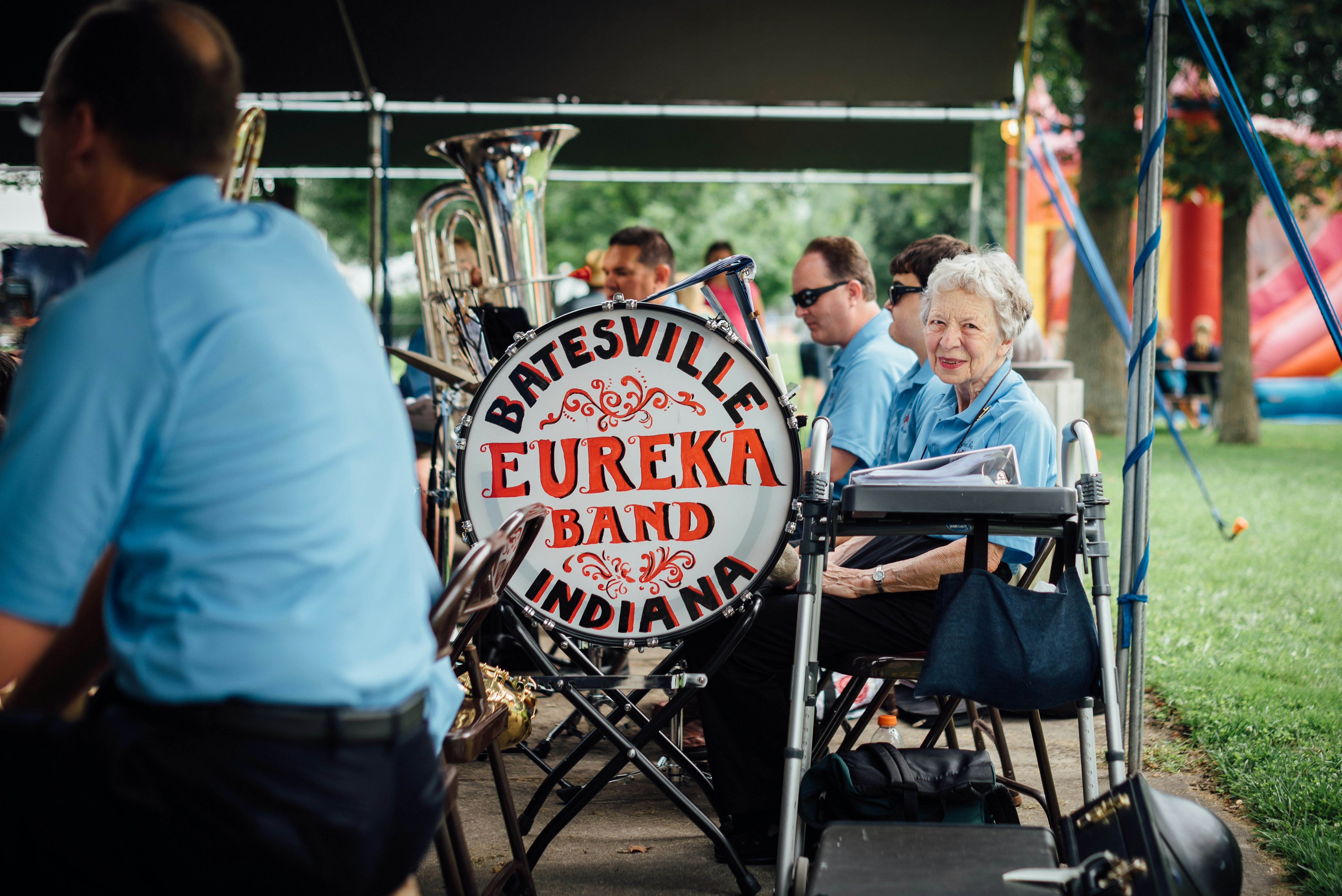The Art of Lifelong Learning - How to Stay Mentally Sharp and Engaged in Your Golden Years

Discover the transformative power of continuous education and unlock new possibilities for growth, connection, and fulfillment in your retirement years
The notion that learning is reserved for the young is one of society's most outdated myths. In reality, the human brain remains remarkably adaptable throughout our lives, capable of forming new neural pathways and acquiring fresh skills well into our seventies, eighties, and beyond. For those who have entered their golden years, embracing lifelong learning isn't just an intellectual pursuit—it's a pathway to enhanced well-being, deeper social connections, and a more fulfilling retirement.
The Science Behind the Aging Brain
Recent neuroscientific research has shattered long-held beliefs about cognitive decline in older adults. While it's true that certain types of processing speed may slow with age, the mature brain possesses unique advantages that younger minds often lack. Years of accumulated experience create rich neural networks that allow for better pattern recognition, improved judgment, and what researchers call "crystallized intelligence"—the ability to draw upon a vast repository of knowledge and wisdom.
Dr. Michael Merzenich, a pioneering neuroscientist, describes the aging brain as having tremendous "plastic potential." This neuroplasticity means that engaging in new learning experiences literally rewires the brain, creating fresh connections and strengthening existing ones. The key is providing the brain with novel, challenging, and meaningful experiences that push beyond familiar comfort zones.
The Profound Benefits of Continued Learning
The advantages of maintaining an active learning mindset extend far beyond mere intellectual stimulation. Research consistently demonstrates that older adults who engage in regular learning activities experience slower cognitive decline, reduced risk of dementia, and improved overall mental health. The act of learning releases endorphins and dopamine, natural mood elevators that contribute to a sense of accomplishment and joy.
Social benefits are equally significant. Learning environments, whether formal classes or informal study groups, provide natural opportunities for meaningful connections with peers who share similar interests. These relationships often evolve into lasting friendships that enrich daily life and provide important social support networks.
Perhaps most importantly, lifelong learning offers a renewed sense of purpose and identity. Many retirees struggle with the transition away from career-defined roles, but educational pursuits provide new ways to see oneself as a growing, evolving individual rather than someone whose productive years have passed.
Practical Pathways to Learning
The beauty of learning in later life lies in its flexibility and the freedom to pursue genuine interests without the pressure of grades or career advancement. Community colleges across the country offer senior audit programs, allowing older adults to attend classes without the stress of exams while still engaging with fascinating subject matter. Popular choices include history, literature, art appreciation, and current events discussions.
Technology has opened unprecedented learning opportunities. Online platforms like Coursera, edX, and Khan Academy provide access to courses from world-renowned universities, often at no cost. These digital classrooms allow learners to proceed at their own pace, revisiting complex concepts as needed. For those initially intimidated by technology, many libraries and senior centers offer computer literacy courses specifically designed for older adults.
Creative pursuits offer particularly rewarding learning experiences. Taking up painting, learning a musical instrument, or trying pottery engages different areas of the brain while providing tangible, beautiful results. The process of creating something new taps into deep wells of satisfaction and self-expression that may have been dormant for years.
Language learning deserves special mention as one of the most beneficial cognitive exercises available. Whether revisiting a language studied decades ago or tackling something entirely new, the mental gymnastics required for language acquisition provide exceptional brain training. Modern language apps like Duolingo make this more accessible than ever, though in-person conversation groups offer additional social benefits.
Overcoming Common Obstacles
Many older adults hesitate to begin new learning ventures, citing concerns about memory, technological challenges, or feeling out of place among younger learners. These worries, while understandable, are largely unfounded. Most educational institutions serving seniors are well-versed in creating welcoming, age-appropriate environments where experience is valued rather than seen as a limitation.
Memory concerns often stem from comparing one's current abilities to peak performance decades earlier. However, mature learners possess compensatory strategies that younger students lack. Life experience provides context that makes new information more meaningful and therefore more memorable. Additionally, the relaxed pace possible in retirement allows for deeper, more thorough engagement with material.
Financial constraints need not be prohibitive. Many communities offer free or low-cost learning opportunities through libraries, senior centers, religious institutions, and volunteer organizations. Some colleges provide significant discounts for senior learners, and numerous online resources are completely free.
Building a Personal Learning Plan
Successful lifelong learners approach their education with intention and structure. Begin by reflecting on interests that have always intrigued you but never had time to explore. Perhaps you've always wondered about astronomy, wanted to understand classical music, or felt curious about your family's genealogy. These natural curiosities make excellent starting points.
Consider your preferred learning style. Some people thrive in social, discussion-based environments, while others prefer solitary reading and reflection. Some learn best through hands-on activities, while others prefer lectures and presentations. Understanding your preferences helps in selecting the most enjoyable and effective learning experiences.
Set realistic, flexible goals. Rather than committing to intensive, demanding programs, start with manageable objectives that can grow over time. The goal is sustainable engagement, not academic achievement in the traditional sense.
Creating Learning Communities
One of the most rewarding aspects of senior learning is the opportunity to both learn from others and share your own expertise. Consider joining or forming study groups, book clubs, or discussion circles around topics of mutual interest. Many learners find that teaching or mentoring others reinforces their own learning while providing valuable service to their communities.
Intergenerational learning programs offer unique opportunities to connect with younger people while sharing wisdom and gaining fresh perspectives. Many schools welcome older volunteers who can share professional expertise or life experiences with students, creating mutually beneficial relationships.
The Journey Forward
Lifelong learning in the golden years represents more than intellectual exercise—it's an affirmation of continued growth, curiosity, and engagement with the world. Every new skill mastered, concept understood, or creative project completed sends a powerful message: that this phase of life is not about winding down but about discovering new dimensions of human potential.
The path of learning never truly ends, and perhaps that's its greatest gift. In a culture that often emphasizes youth and speed, older learners demonstrate the profound value of wisdom, patience, and the deep satisfaction that comes from understanding the world more fully. Each day offers new opportunities to grow, discover, and connect—making the golden years not just a time of reflection on past achievements, but a period of continued adventure and personal expansion.
As you consider your own learning journey, remember that the best time to start is now. Your accumulated wisdom provides a foundation that makes new learning not just possible, but extraordinarily rich and meaningful. The adventure of discovery awaits, limited only by your curiosity and willingness to take that first, exciting step.





